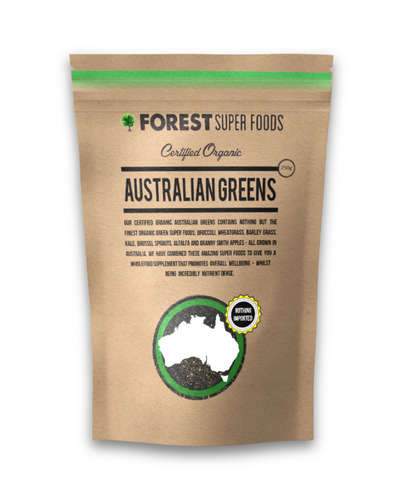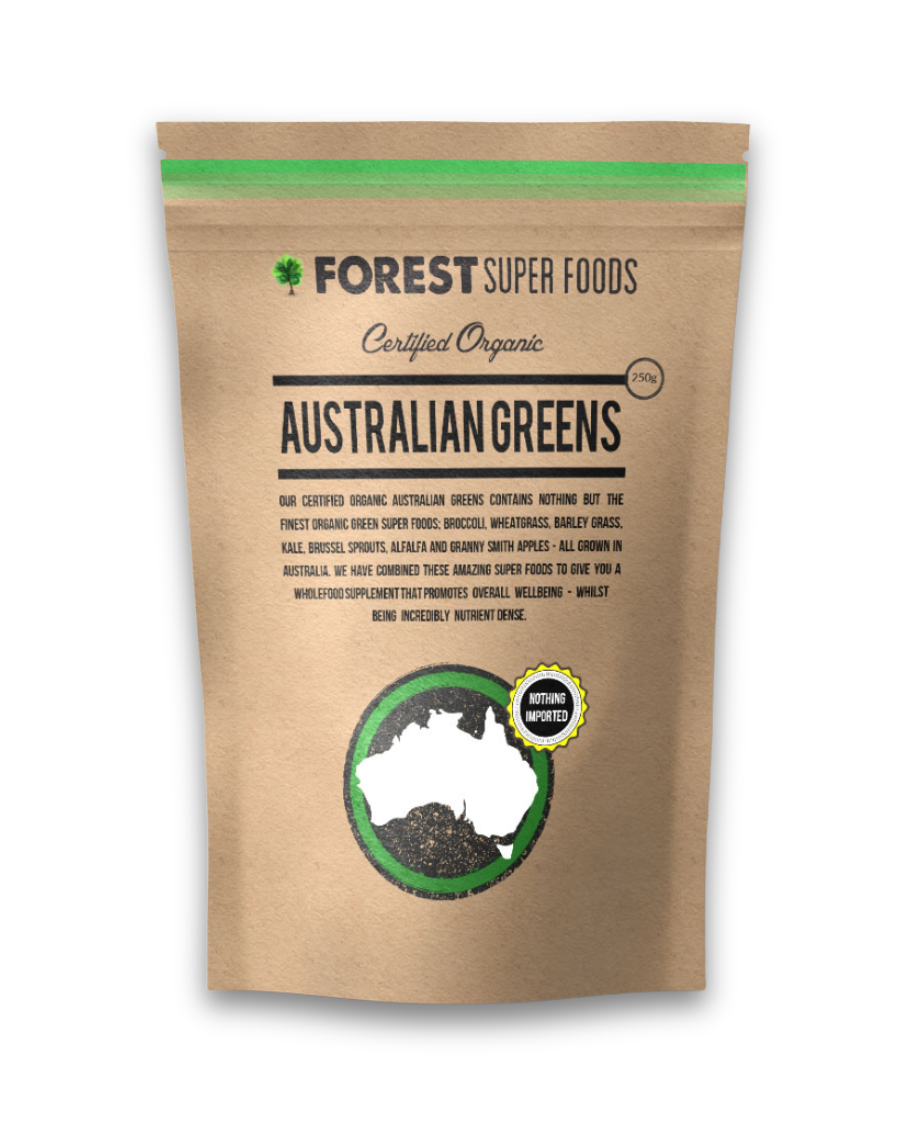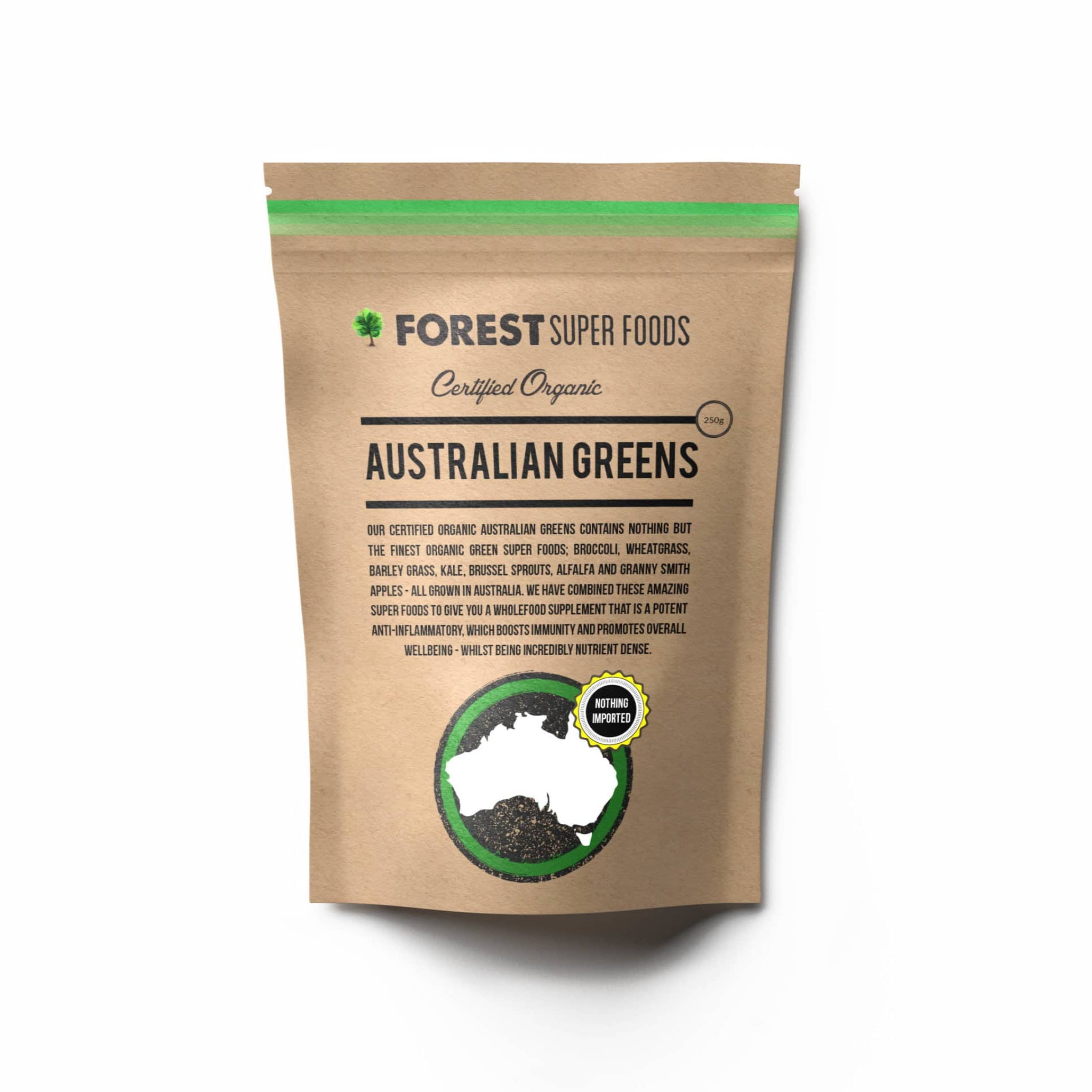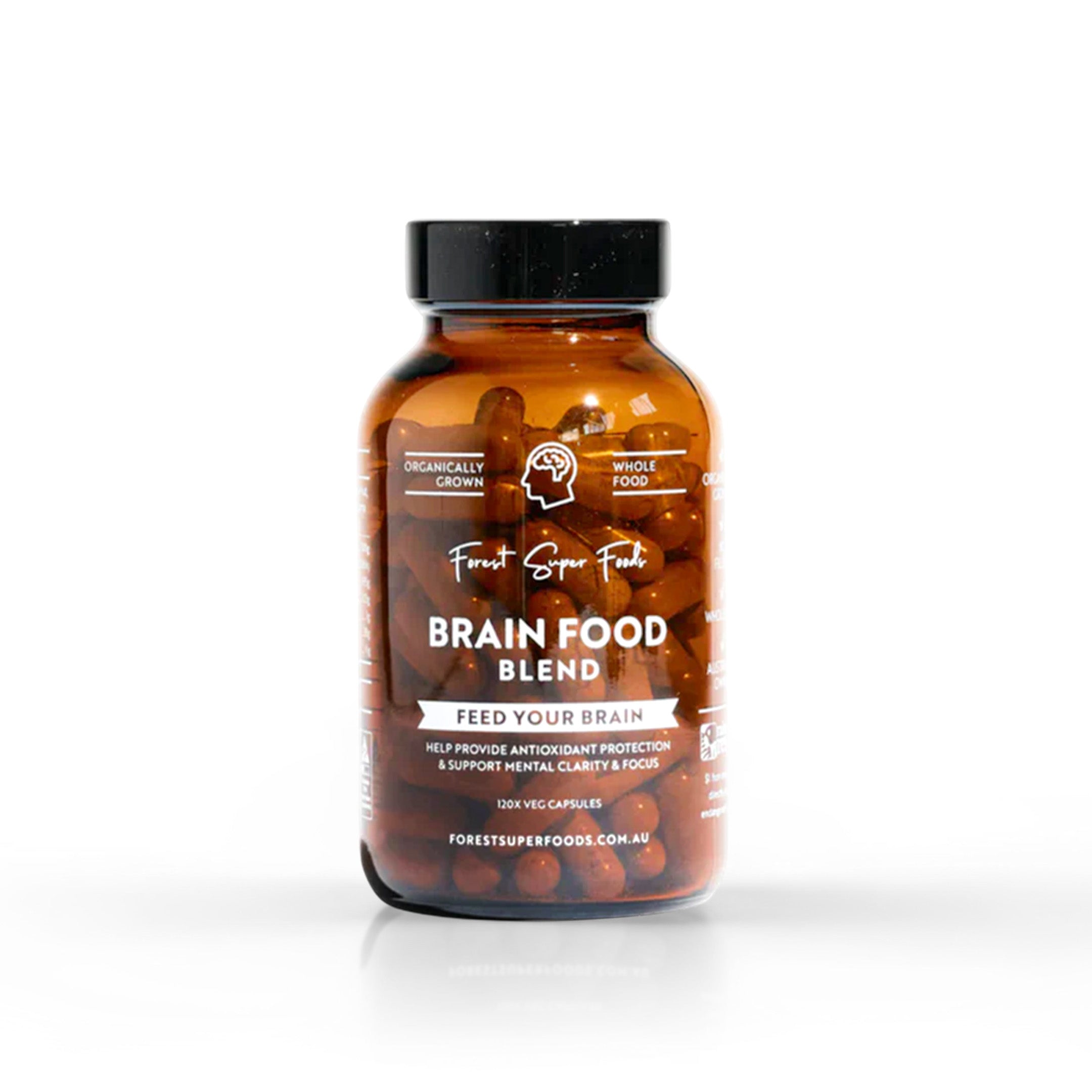Based on your requests, today we are deep diving into headaches and migraines and the connection between what we eat and the onset and management of these debilitating conditions.
Despite the fact that we are discussing them together, headaches and migraines are two different issues.
Headaches are characterised by pain and discomfort in the head, scalp and neck- a headache can be caused by various factors like stress, dehydration and specific foods.
Migraines are more severe, with intense throbbing pain, that can also include vomiting, nausea and a sensitivity to light.
Migraines can last from hours to days and the triggers can include food and drink, hormonal changes, dehydration, stress, sleep issues and lifestyle and environmental exposure
Managing Headaches + Migraines
1. Hydration: dehydration is a common trigger for both migraines and headaches. Adequate water intake ensures proper blood volume, and circulation; which ensures that oxygen and essential nutrients reach the brain.
Recommendation: Drink at least 1 litre of pure water for every 25kg of body weight. During physical exercise or hot weather increase intake
2. Blood sugar. Fluctuations in blood sugar levels can trigger both migraines and headaches. These spikes can induce hypoglycaemia(rapid drops in blood glucose) , hyperglycaemia (rapid rises in blood glucose), vascular changes, inflammation and oxidative stress
Recommendation: Eat whole foods, that include protein, carbohydrates and good fats. Avoid high sugar and ultra processed food
3.Caffeine. Caffeine can be both beneficial and detrimental for headaches and migraines. It can serve as a vasoconstrictor, which narrows and constricts blood flow and pressure in the brain.
Recommendations: Limit caffeine intake to no more than 2-3 cups per day. If you are a big coffee drinker gradually reduce intake as withdrawals can trigger headaches and migraines.
4.Magnesium:A deficiency in magnesium is linked to migraines, due to its role in nerve function and blood pressure regulation
Recommendations: Regularly consume magnesium rich foods such as dark leafy greens, nuts, seeds and whole grains.
5.Omega 3 fatty acids. Omega 3 fatty acids have incredible anti inflammatory properties that can reduce the frequency and severity of headaches and migraines
Recommendations: Eat foods like wild caught salmon, sardines, flaxseeds, chia seeds, walnuts and hemp oil.
6. Vitamin B2 (riboflavin)
So this vitamin has been shown to reduce the frequency of migraines- it’s thought it’s because of its action on energy production within cells.
Recommendations: Make sure you include foods high in riboflavin like eggs, lean meats, milk and green vegetables in your diet.
7.Dietary triggers
Certain foods and additives are known to trigger headaches and migraines. Foods like processed meats, aged cheese, fermented foods, wine, aspartame, MSG, wheat, citrus, eggs, tea, coffee, chocolate, dairy, beef, corn, cane sugar, and yeast.
Recommendations: Become aware of the interactions between your body and food, one of the best ways to do that is to keep a food diary. Fill it in daily noting what you eat and the way you feel.
Other relief strategies include gentle stretching or walking, applying heat/cold packs to your head, massage, and resting in a dark & quiet
澳洲綠全食物膠囊為您的健康和保健提供強大的補充劑。 立即訂購 |

|










發表評論
所有評論在發表前都經過審查。
本網站受 hCaptcha 保護,並適用 hCaptcha隱私權政策 和服務條款。